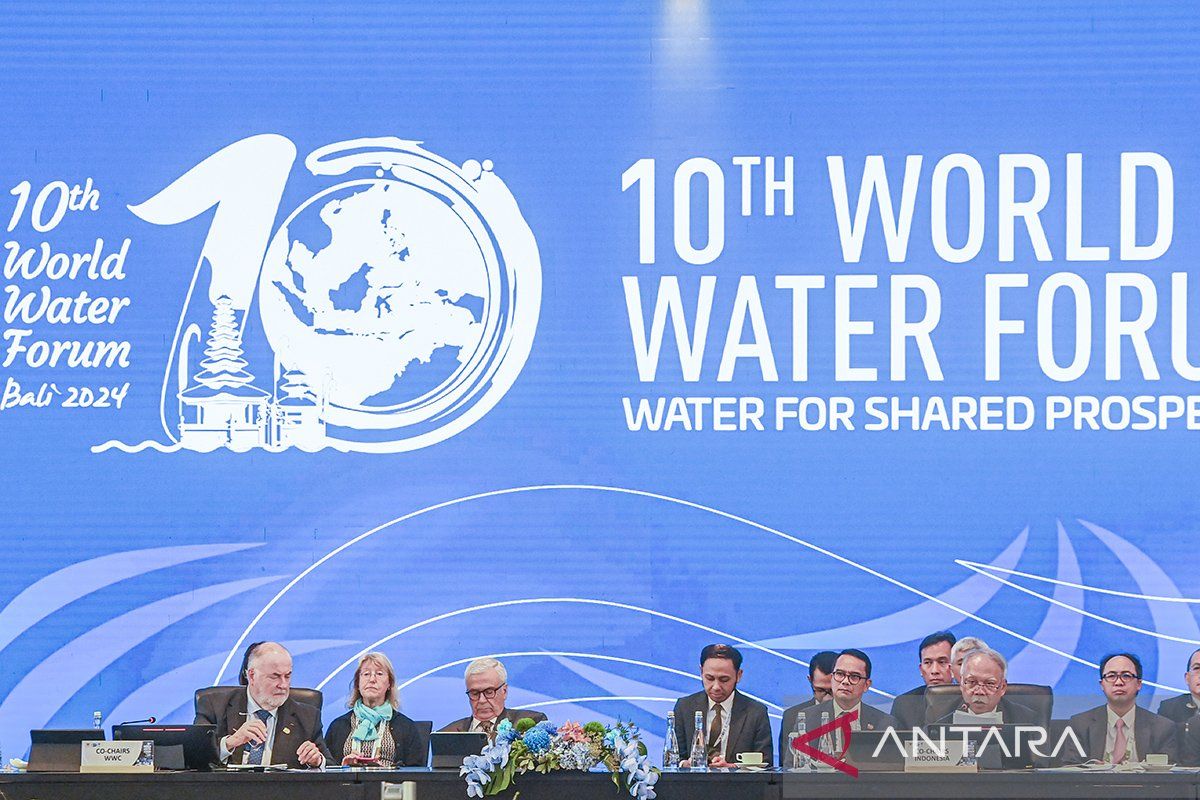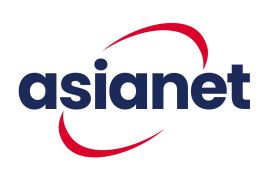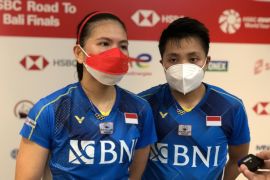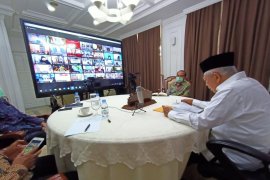"The declaration covers the issue of the right to access safe drinking water and sanitation, the importance of inclusive coordination and collaboration, as well as strengthening integrated water resource management policies," Hadimuljono said.
Several proposals for water development put forward by Indonesia, such as the establishment of a Center of Excellence for water and climate security, the designation of World Lakes Day through a United Nations resolution, and mainstreaming water management issues for developing countries on small islands were also adopted in the declaration.
In addition, the 10th WWF concrete action compendium — an inseparable part of the declaration — was also adopted at the meeting.
According to Hadimuljono, the compendium includes 113 projects in the water and sanitation sector with a total value of US$9.4 billion.
He informed that the declaration was adopted following its approval by all participating countries and after accommodating inputs on the implementation of the results of the forum in the future, as submitted during the ministerial meeting by the Republic of the Congo.
The proposal from Congo highlighted the important role of water as the basis of the "Blue Economy" that unlocks potential human development through the benefits derived from marine and water resources and prevents vulnerable populations from being marginalized.
The Republic of the Congo also proposed emphasizing efforts to encourage innovation and access to new financial instruments in order to strengthen the transition to sustainable development as well as the development of projects related to the water economy to bolster sustainable water management.
Hadimuljono expressed gratitude for the participation of and inputs from the delegates of the 10th WWF, which enriched the ministerial declaration and its compendium.
In the meantime, regarding the rights to access safe drinking water and sanitation, the National Research and Innovation Agency (BRIN) stated that Indonesia needs breakthroughs in ensuring access to drinking water and sanitation.
A researcher from BRIN's Limnology and Water Resources Research Center, Ignasius Sutapa, said here on Tuesday that the fulfillment of access to drinking water and sanitation is still limited in Java Island, while in remote areas of Sumatra, Kalimantan, and Papua, it is still very low.
"Some drinking water regional companies (PDAMs) can only supply no more than 10 percent of the population, so breakthroughs are needed," he added.
He said that efforts to ensure access to drinking water and sanitation are aimed at realizing equitable access to water, as stipulated in the sixth point of the 2030 Sustainable Development Goals (SDGs).
He noted that discussions on water can never cease as all life on Earth needs water.
In fact, astronomers who conduct space exploration also strive to find water first in every search for traces of life on other planets.
"Water is a basic right that must be fulfilled by every country. The United Nations (UN) sets a basic right of 60 liters of water per person per day," he noted.
To ensure access to safe drinking water, BRIN has pursued several innovations to help the country meet the drinking water needs of the community, he said.
One of the innovations has been the establishment of a peat water treatment plant. Peat water, which has high acidity and natural dye, can be processed into clean drinking water.
He then expressed the hope that the 10th World Water Forum in Bali would drive the government's commitment to accelerating the fulfillment of the basic right to water.
The forum, themed "Water for Shared Prosperity," is being held in Bali from May 18–25, 2024.
The forum's sub-themes include water security and welfare, water for humans and nature, and disaster risk reduction and management.
They further comprise water governance, cooperation, and diplomacy; sustainable water financing; and knowledge and innovation.
President Joko Widodo opened the WWF series on Monday (May 20). A total of 244 water-related discussion sessions at the forum are expected to provide concrete results regarding global water management.
At the ministerial meeting on Monday, a series of statements were delivered by various participating countries such as Kenya, Tanzania, Namibia, Saudi Arabia, China, Finland, and Brunei Darussalam.
In addition, representatives from international organizations, namely UNESCO, UNDRR, and UNDP, presented their views on water issues.
Related news: World Water Forum momentum to start infrastructure fund: Minister
Related news: World Water Forum - UN agency outlines two ways to prevent water crisis
Editor: Azis Kurmala
Copyright © ANTARA 2024






